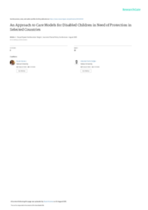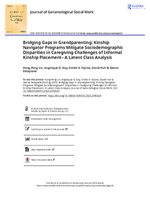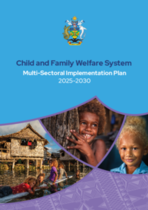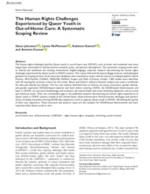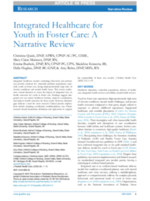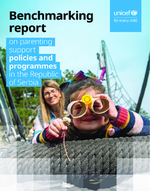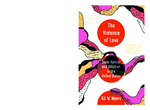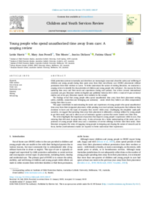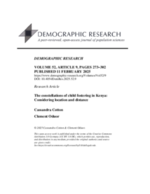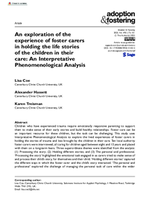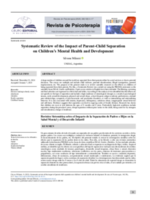Safety and beyond? Exploring children's priorities for their participation in the child protection and welfare process
This study reanalyzes interviews with 20 children in Ireland to explore their perspectives on participation in child protection processes involving their families. Findings show that while children often shared adult concerns, they viewed participation differently—particularly regarding risk, safety, stigma, and the need for ongoing dialogue—highlighting the importance of more child-centred approaches in practice.


